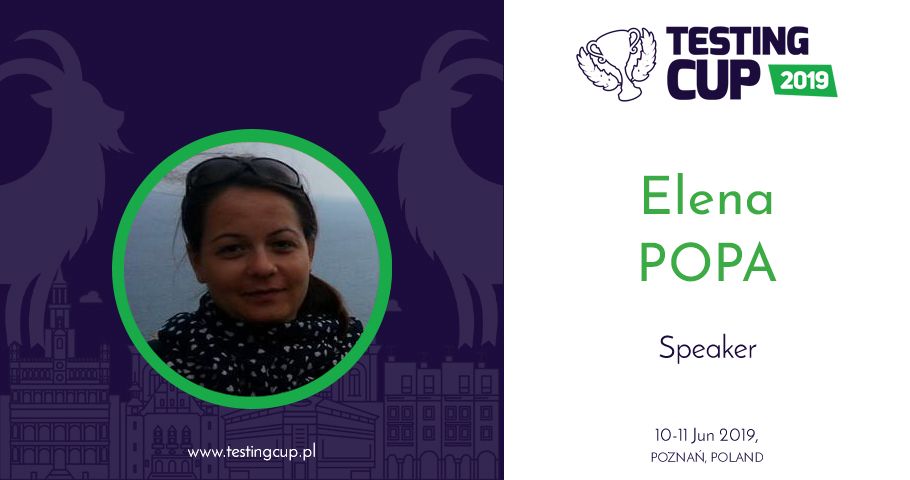Is the „no docementation/no requirements” situation familiar to you?
Has it ever been a blockade for you to test?
Elena Popa, a software testing specialist from Altom Consulting (Romania), will show you how she applied strategies that helped to get her unstuck when there are no specifications. She will help you to understand that testing means learning and help to become more aware of the context and the mission of testing.
As a part of the presentation of the Speaker, we have prepared a few questions for Elena.
TestingCup: Req is just a kind of agreement. How to ensure customer’s satisfaction without knowledge what is required?
Elena: I find it unlikely that you can get customer satisfaction without the knowledge of what is required. Without that knowledge there is a risk that you will test something that is not important or irrelevant. Even more, you can get to the wrong conclusions when evaluating the test results.
With these in mind I think it’s an important part of the tester’s role to develop knowledge about what is required, about the problem that the application is trying to solve, about who are the potential users.
In my talk I will share some tools and strategies that I find helpful, as they provide a way of gathering and structuring that knowledge. Some of them are testing tours, the heuristic test strategy model, mind maps.
These strategies are helpful not only when you don’t have requirements, but also when you have them, as they can be outdated, ambiguous, partial, implicit. Getting a set of requirements at the beginning of a project will not guarantee that you will always have the knowledge about what is required.
TC: How do you see the role of a tester in 10 years?
E: The tester role has many nuances, depending on the context the tester is working in (team/company/industry). That is why I am finding it hard to make predictions about it.
However, the tester role has a few common traits that are the same across contexts. That is my view and it is what I call the “backbone” of the tester role: analyze + design and experiment + provide information.
With what I see and know at this time, I think that the backbone will not be changing. And just as until now, we will just have to adapt and gain new domain knowledge and acquire new skills. Michael Bolton highlights this very nicely by saying: “Testing is a university, where the program lasts your whole career.”
TC: Do you have any role models or individuals who inspire you?
E: I have many people around me that inspire me, although I don’t have a role model.
I think that the environment we live our lives in matters the most. That is why I try to surround myself with authentic people, both in the professional and personal areas. I am lucky that I found just that at Altom.
In the testing world, my inspiration comes from my colleagues, from communities like Tabara de Testare (a local community, that literally means The Testing Camp) or the Ministry of Testing, and also from individuals like Alan Richardson or Michael Bolton.
TC: Poland – first 3 things that come to your mind.
E: Frederic Chopin, Irena Sendler, Pope John Paul II.
TC: Thank you for the interview.

